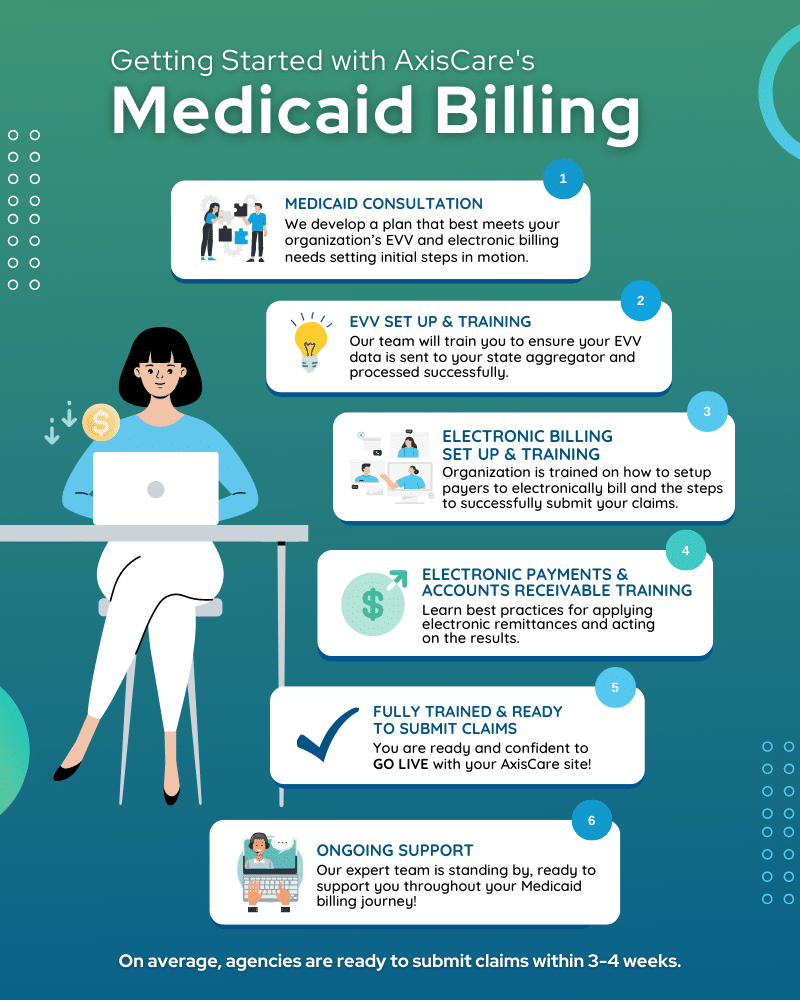Caregiver Job Description
The role of a caregiver is crucial in providing support and improving the quality of life for those in need. It requires compassion, patience, and a strong sense of responsibility. Caregivers work in various settings such as hospitals, nursing homes, assisted living facilities or private residences.
Skills/Capabilities
Personal attributes and acquired competencies essential for a caregiver to effectively perform their duties. It includes both soft skills like empathy and hard skills such as medical administration.
- Compassion and empathy towards individuals with varying needs
- Ability to communicate effectively with clients and their families
- Patience and adaptability in dealing with unexpected situations
- Attention to detail and ability to follow specific care plans
- Basic medical knowledge and ability to administer medications (if required)
- Physical strength and stamina for assisting with mobility and personal care tasks
Duties/Responsibilities
The duties of a caregiver may vary depending on the specific needs of the person they are caring for, but some common responsibilities include:
- Assisting with daily tasks such as bathing, dressing, grooming and toileting
- Preparing meals and ensuring proper nutrition for the individual
- Administering medications and monitoring health conditions (if required)
- Providing companionship and engaging in activities that promote social interaction and mental stimulation
- Accompanying the individual to appointments or outings
- Keeping track of appointments, medications and any changes in health status
- Maintaining a safe and comfortable living environment for the individual
Education/Training Requirements
While there are no specific educational requirements for becoming a caregiver, most employers prefer candidates with a high school diploma or equivalent. Some may also require additional training in first aid, CPR, or specific medical conditions. On-the-job training is also common and may include learning about the individual’s specific needs and care plan.
Work Environment
Caregivers work in a variety of settings depending on their job responsibilities. This can range from private residences to hospitals or long-term care facilities. The work schedule for caregivers may also vary, with some working full-time while others may have part-time or flexible hours.
Compensation and Benefits
While the median annual wage for caregivers as reported by the Bureau of Labor Statistics in 2024 was $34,900, industry averages can vary substantially by region, facility type, and experience levels. Caregivers may earn an average annual salary that ranges from $30,000 to $45,000.
Caregivers can expect a variety of benefits that supplement their salary and contribute to overall job satisfaction. These benefits often include:
- Comprehensive health insurance
- Generous paid time off policies
- Retirement savings plans
- Continued education and professional growth programs
- Flexible work schedules
- Access to wellness resources
- Performance bonuses and incentives





